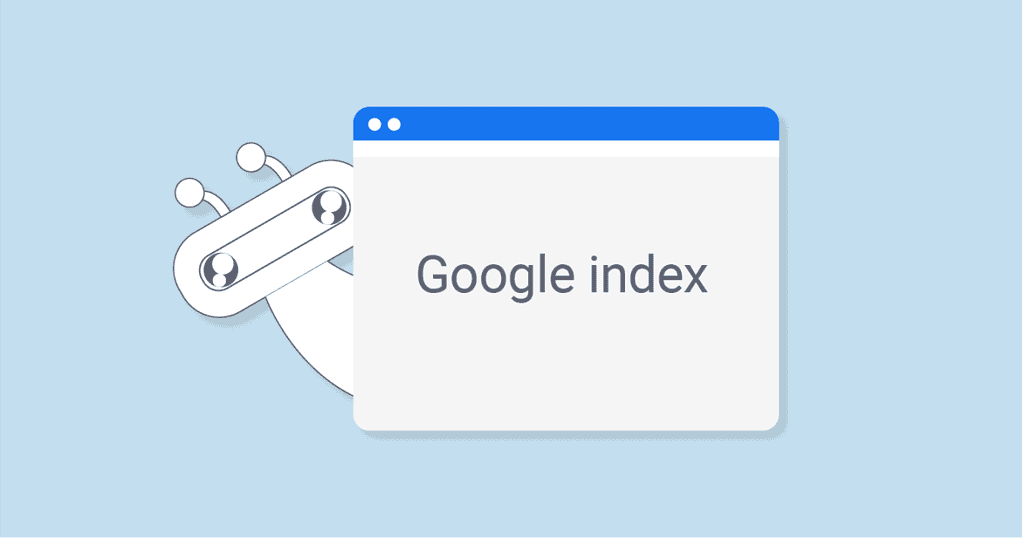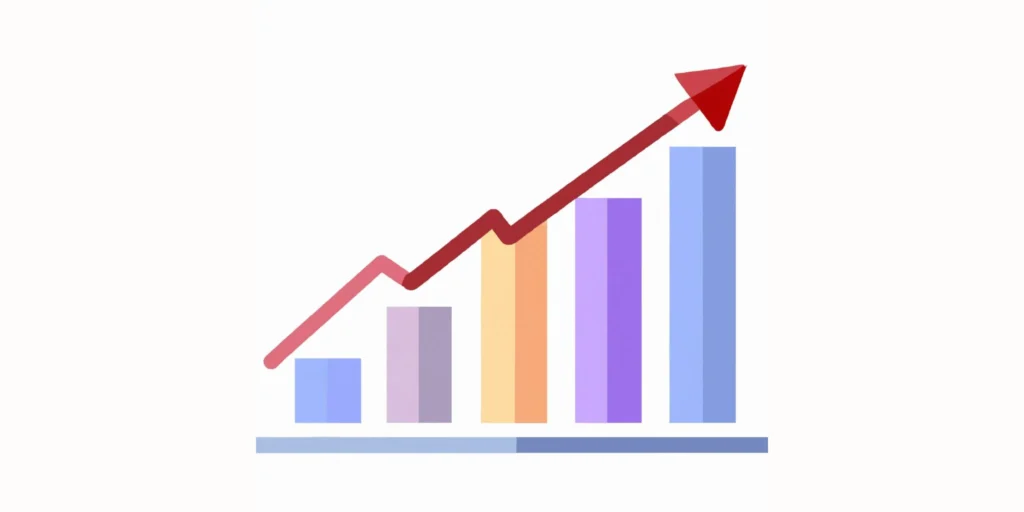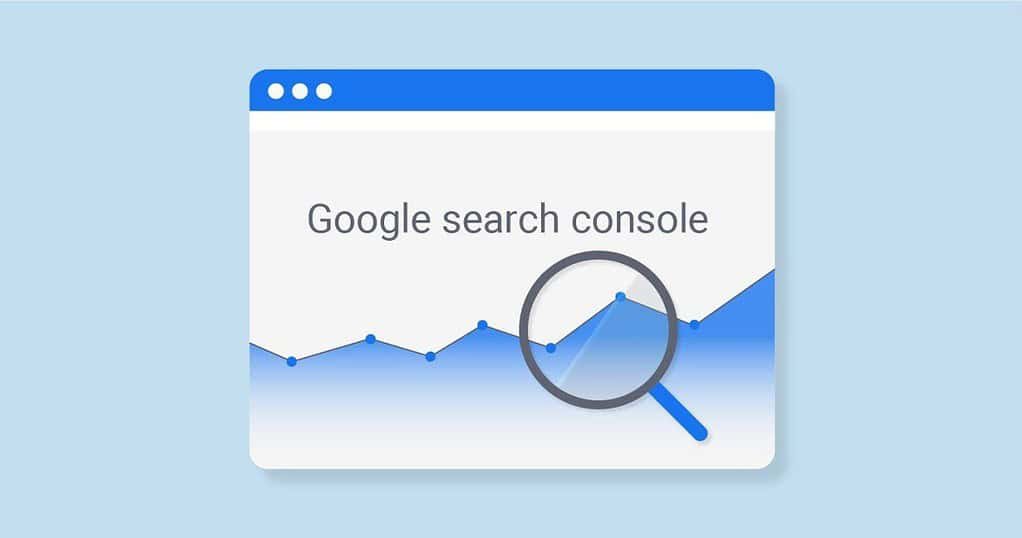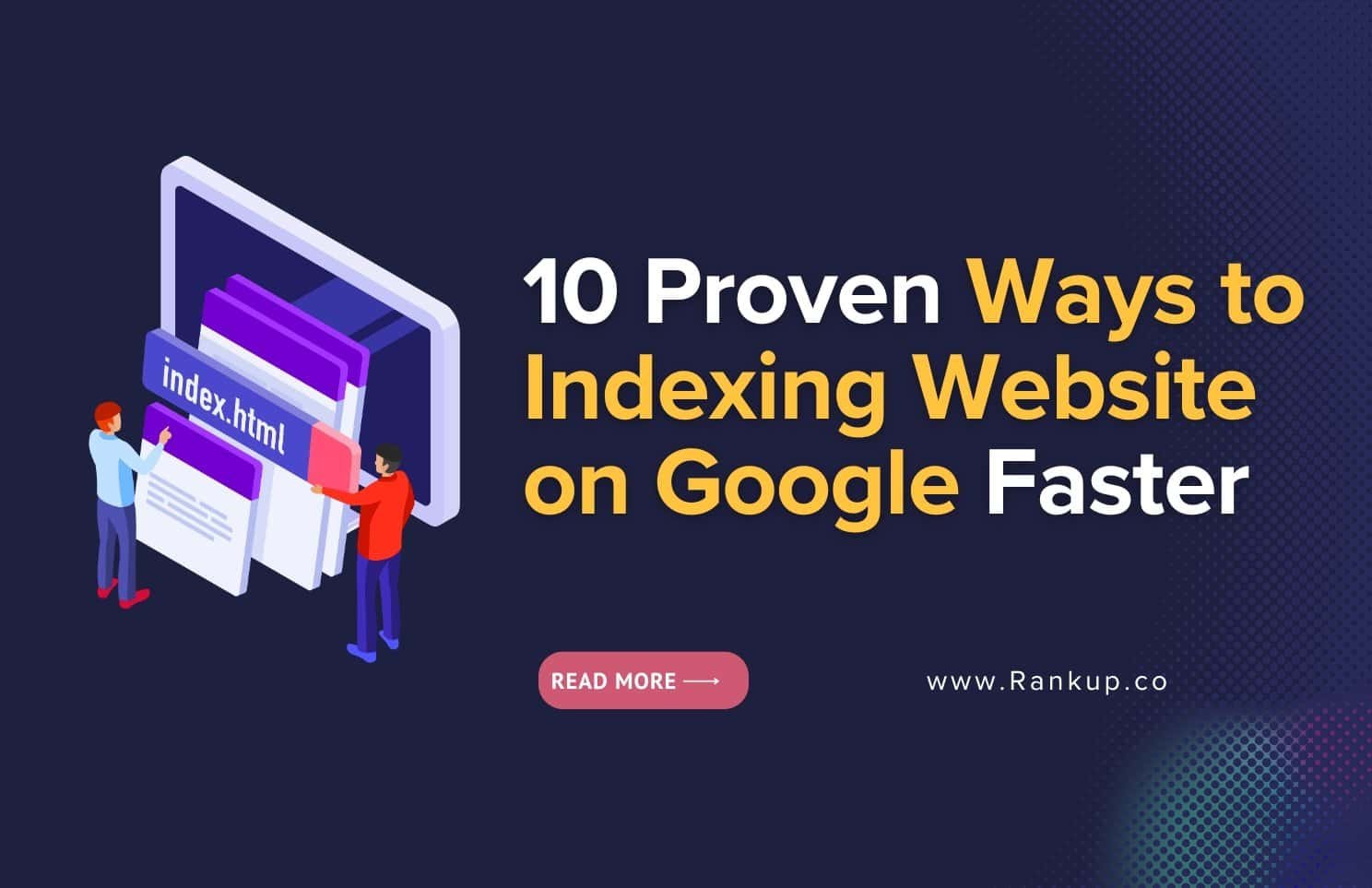In today’s digital landscape, having a website is just the first step. The real challenge lies in making sure your site is visible to your target audience. One crucial aspect of this finding ways to indexing website on google faster. But what does indexing mean, and why is it so important? More importantly, how can you ensure your website gets indexed quickly?
Let’s dive into the world of Google indexing and explore ten proven strategies to get your website on Google’s radar faster.
Table of Contents
ToggleHow Google Indexing Works?

Before we jump into the strategies, it’s essential to understand what Google indexing is. Indexing is the process by which Google discovers, crawls, and adds web pages to its search index. Think of it as Google’s way of cataloging the vast library of the internet. When your website is indexed, it becomes eligible to appear in search results when users query relevant terms.
The speed at which your website gets indexed can significantly impact your online visibility and, consequently, your business’s success.
Faster indexing means quicker visibility, potentially leading to more traffic, leads, and conversions.
Why Fast Indexing Matters?

You might wonder why the speed of indexing is so crucial.
Here’s why:
1. Competitive Edge: In a world where new websites pop up every second, getting indexed quickly can give you a head start over your competitors.
2. Timely Content: If you’re publishing time-sensitive content, fast indexing ensures your information reaches users when it’s most relevant.
3. SEO Benefits: The sooner Google indexes your site, the sooner you can start building your search engine rankings.
4. User Experience: Fast indexing allows users to find your fresh content quickly, enhancing their experience with your brand.
Now that we understand the importance of swift indexing let’s explore the ten proven ways to get your website indexed on Google faster.
Ways to Index Your Website on Google Faster
1. Submit Your Website to Google Search Console

One of the most direct ways to get Google’s attention is by submitting your website through Google Search Console.
This free tool is like a direct line of communication between you and Google. Here’s how to use it effectively:
- Create a Google Search Console account if you don’t already have one.
- Add and verify your website property.
- Navigate to the “URL Inspection” tool.
- Enter your website’s URL and click “Request Indexing.”
This method is particularly useful for new websites or newly added pages. It’s like giving Google a gentle nudge, saying, “Hey, I’m here! Take a look at my site.”
2. Create and Submit an XML Sitemap
An XML sitemap is essentially a roadmap of your website for search engines. It lists all the important pages on your site that you want Google to index. Creating and submitting a sitemap can significantly speed up the indexing process.
Here’s how:
- Use a sitemap generator tool or plugin to create your XML sitemap.
- Ensure your sitemap is up-to-date and includes all relevant pages.
- Submit your sitemap through Google Search Console.
- Add your sitemap URL to your robots.txt file.
Remember to keep your sitemap updated as you add or remove pages from your site. This ongoing maintenance helps Google stay informed about your site’s structure and content changes.
3. Optimize Your Website’s Internal Linking Structure
Internal linking is not just about helping users navigate your site; it’s also a powerful tool for faster indexing. When you link between pages on your site, you create pathways for Google’s crawlers to follow.
This helps them discover and index new pages more quickly. Here are some tips for effective internal linking:
- Use descriptive anchor text for your links.
- Link from high-authority pages to new or less visible pages.
- Ensure your most important pages are no more than a few clicks away from the homepage.
- Use a logical, hierarchical structure for your site navigation.
By implementing a strong internal linking strategy, you’re essentially guiding Google through your site, highlighting the pages you want indexed most urgently.
4. Leverage Social Media for Faster Discovery
While social media signals aren’t a direct ranking factor, they can indirectly help with faster indexing. When you share your content on social platforms, you’re creating more pathways for Google to discover your pages.

Here’s how to use social media effectively for indexing:
- Share new content across your social media profiles as soon as it’s published.
- Encourage sharing by making your content easily shareable.
- Engage with your audience to increase the visibility of your shared content.
- Use relevant hashtags to increase discoverability.
- You can use social media posting tools like Hootsuite, Feedhive, or Buffer.
Remember, the more your content is shared and engaged with, the more likely it is to catch Google’s attention quickly.
5. Create High-Quality, Unique Content Regularly
Google loves fresh, high-quality content. By regularly publishing valuable content, you’re giving Google more reasons to crawl and index your site frequently.
Here are some content creation tips:
- Focus on creating in-depth, comprehensive content that provides real value to your audience.
- Update your existing content regularly to keep it fresh and relevant.
- Use a content calendar to maintain a consistent publishing schedule.
- Incorporate various content types, such as blog posts, infographics, and videos.
The key is to create content that answers your audience’s questions and solves their problems.
This not only helps with indexing but also improves your overall SEO performance.
6. Optimize Your Website’s Loading Speed
Website speed is a crucial factor for both user experience and search engine crawling. A faster website is easier for Google to crawl and index.
Here are some ways to improve your site’s speed:
- Optimize images by compressing them and using appropriate formats.
- Minimize HTTP requests by combining files where possible.
- Use browser caching to store static files.
- Implement a Content Delivery Network (CDN) for faster global access.
Use tools like Google’s PageSpeed Insights to identify and address specific speed issues on your site.
7. Ensure Your Website is Mobile-Friendly
With Google’s mobile-first indexing, having a mobile-friendly website is no longer optional. It’s a necessity for faster indexing and better search performance.
Here’s how to ensure your site is mobile-friendly:
- Use a responsive design that adapts to different screen sizes.
- Test your site using Google’s Mobile-Friendly Test tool.
- Optimize your mobile site’s loading speed.
- Ensure text is readable without zooming and buttons are easily tappable.
A mobile-friendly site not only helps with indexing but also improves user experience, potentially leading to better engagement metrics and SEO performance.
8. Use Schema Markup to Enhance Your Content
Schema markup, also known as structured data, helps search engines understand the context of your content better. While it doesn’t directly speed up indexing, it can make your content more attractive to Google, potentially leading to faster crawling and indexing.
Here’s how to implement schema markup:
- Identify the types of schema relevant to your content (e.g., Article, Product, FAQ).
- Use Google’s Structured Data Markup Helper to generate the appropriate code.
- Test your markup using the Rich Results Test tool.
- Implement the markup on your website.
By providing this additional context, you’re making it easier for Google to categorize and index your content effectively.
9. Build High Quality Backlinks
While building quality backlinks is more of a long-term strategy, it can indirectly help with faster indexing. When authoritative sites link to your content, it signals to Google that your site is valuable and worth crawling more frequently.
Here are some ethical ways to build backlinks:
- Create link-worthy content that others naturally want to reference.
- Reach out to industry influencers and offer to collaborate on content.
- Guest post on reputable sites in your niche.
- Participate in industry forums and discussions, providing valuable insights and linking to relevant content on your site when appropriate.
Remember, the focus should be on quality over quantity. A few high-quality backlinks can be more beneficial than numerous low-quality ones.
10. Utilize Google’s URL Inspection Tool Regularly
The URL Inspection Tool in Google Search Console is not just for submitting new URLs. It’s also an excellent way to monitor the indexing status of your pages and troubleshoot any issues.
Here’s how to make the most of this tool:
- Regularly check the indexing status of your important pages.
- If a page isn’t indexed, use the “Request Indexing” feature.
- Review any errors or warnings and address them promptly.
- Use the tool to understand how Google views your pages and make necessary improvements.
By actively using this tool, you’re staying on top of your site’s indexing status and can quickly address any issues that might be hindering fast indexing.
Conclusion: Putting It All Together for Indexing Success
Getting your website indexed on Google faster is a multifaceted process that requires a combination of technical optimization, content strategy, and proactive engagement with Google’s tools. By implementing these ten proven strategies, you’re not just improving your chances of faster indexing; you’re also laying a solid foundation for overall SEO success.
Remember, indexing is just the first step in your SEO journey. Once your site is indexed, focus on continually improving your content, user experience, and overall site performance. Stay up-to-date with the latest SEO trends and Google algorithm updates to ensure your site remains visible and competitive in search results.
Ultimately, the key to faster indexing and better search performance lies in creating a website that provides genuine value to your users. By focusing on quality, relevance, and user experience, you’re not just optimizing for search engines – you’re building a digital presence that resonates with your audience and stands the test of time.


